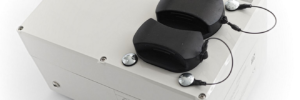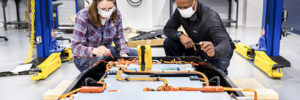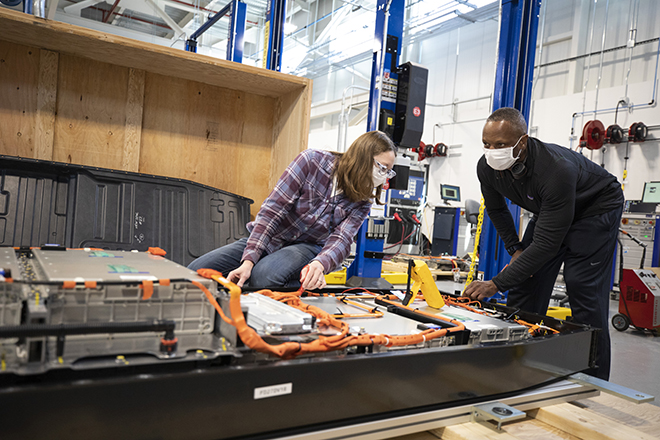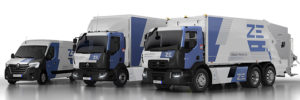Siemens offers charging system suppliers a new plug & play solution, which now enables calibration of the Powerline signal level in line with CCS CharIN Association Implementation Guidelines. The solution comprises the company’s Simatic ET 200SP TM ECC PL ST charge controller and its TM ECC CCS calibration kit. When calibrating the signal quality of a DC CCS charge controller using the Siemens solution, there is no need for a spectrum analyzer, which accelerates the process. Siemens says charging station manufacturers can save engineering effort, time and costs during commissioning and can reduce servicing to remedy charging interruptions by up to 50 percent. Engineering is in the TIA (Totally Integrated Automation) Portal.
When engineering and commissioning charging systems, cable lengths or different material types can lead to attenuation of the signal strength. This often has a negative effect on adherence to standardized Powerline frequency ranges, resulting in charging interruptions due to faulty communication between the EV and the charge controller.
Using the calibration kit, the charging system is calibrated, as per CharIN Association recommendations, to a transmission power of 75 dBm/Hz with a tolerance of +/- 3 dB, which minimizes EMC (electromagnetic compatibility) problems and ensures communication between the vehicle and the charging station.
Source: Siemens
Source: Electric Vehicles Magazine





